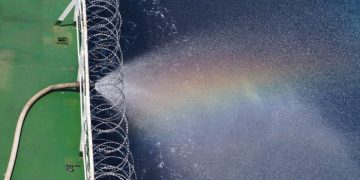Piracy and armed robbery against ships
AMSA issues Marine Notice AMSA issued a Marine Notice to advise shipowners, ship operators and masters of:The latest guidance from the International Maritime Organization (IMO) on preventing and suppressing acts of piracy and armed robbery against ships;Information sharing arrangements in place regarding piracy incidents under the Regional Cooperation Agreement on Combating Piracy and Armed Robbery against ships in Asia (ReCAAP);Processes for reporting incidents of piracy in Asia and receiving piracy incident alerts; andOther applicable guidanceThe ongoing threat of piracy and armed attacks against ships presents significant challenges to vessels operating in certain regions. To reduce the effectiveness of hostile groups, it is essential that owners, operators, masters and crews of vessels operating in waters where attacks are likely are aware of the actions to be followed to ensure their safe passage. Such actions include appropriate precautionary measures, reporting of attacks and cooperation with criminal investigations when requested.When entering high risk areas, ships should increase on board surveillance and security levels and prepare means of responding to attacks. A clear and comprehensive Ship Security Plan and the training of crews in security measures and response techniques are critical. While security plans and crew training may not prevent an incident occurring, these ...
Read more




















































